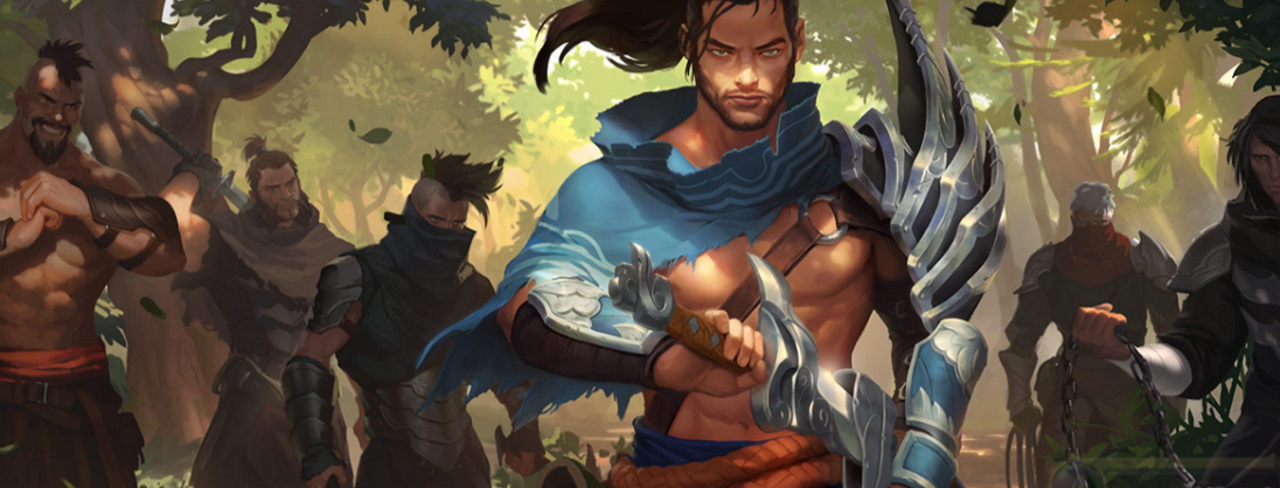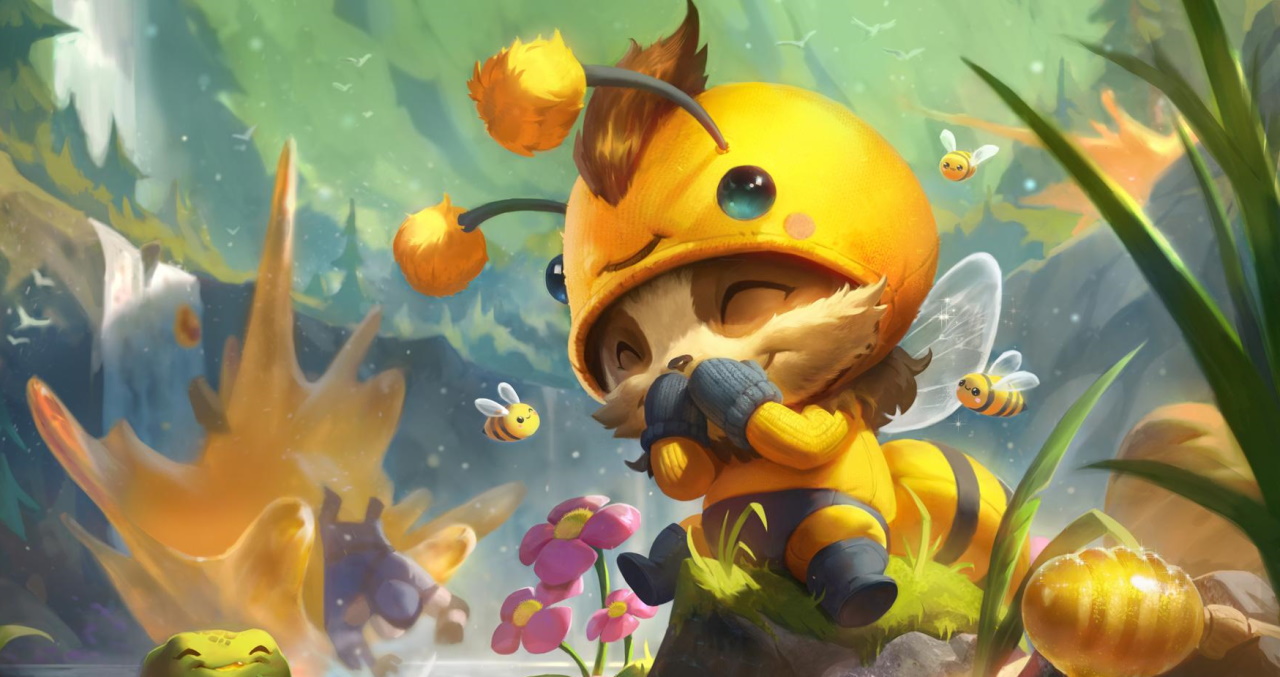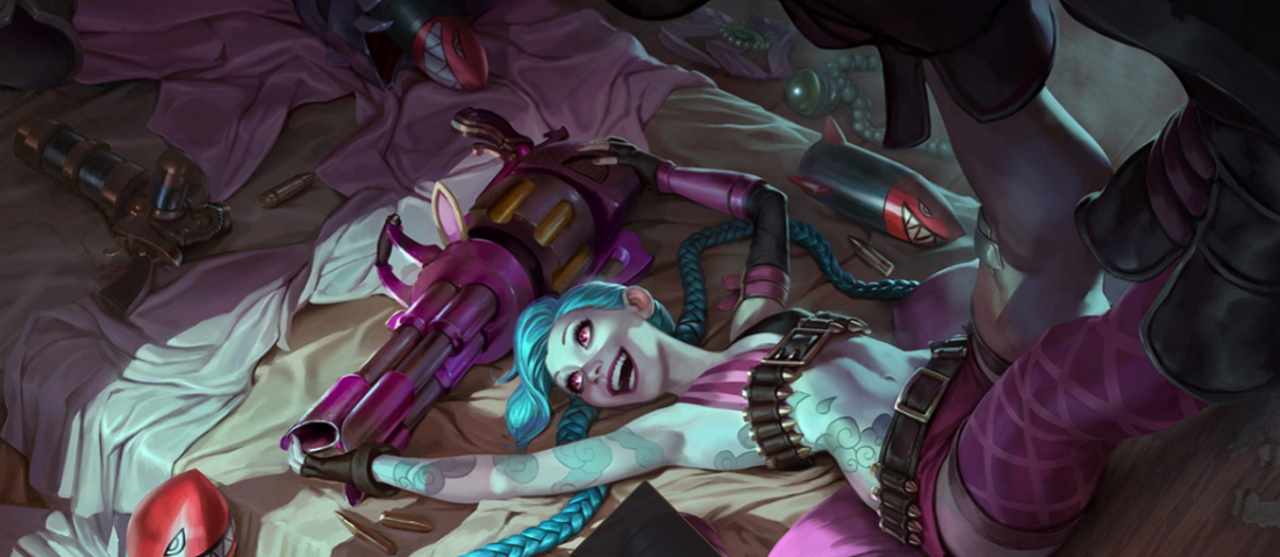Legends of Runeterra Keywords guide – what do they mean?
Our in-depth run through of all the Legends of Runeterra keywords, from Fast to Fearsome.
Riot’s new card game, Legends of Runeterra, has a lot of keywords you may not have seen before. Here’s our run through of all of them.
If you’re looking for a rundown of the best decks Legends of Runeterra has to offer, check out our Legends of Runeterra Best Decks page!
If Legends of Runeterra wasn’t confusing enough for newcomers, well, think again. Spells and units have plenty of different mechanics, each of which impact the game and your strategies in unique ways. Often, these complex systems playing off one another will decide matches, so it’s important to understand what they mean. And to understand them, you’ll need to get to grips with keywords.
Keywords denote a special mechanic, so it’s important to read a card closely before you play it, especially if you’re unfamiliar with the deck. Hover your mouse over the keyword and a little pop-up will explain what it means, but we’ve found it doesn’t do a sterling job.
With this in mind, we’ve put together a guide which contains all of the keywords and mechanics in Legends of Runeterra. If anything changes, we’ll update this page. Keep this guide bookmarked for all the latest!

Legends of Runeterra Unit Keywords
Your units are the warriors who will be performing combat on the battlefield. They each have unique abilities that can turn the tide of battle if used correctly.
Allegiance
Allegiance offers you a bonus if the next card in your deck is of the same region. Of course, Allegiance cards are especially valuable in single-region decks, as you’re always sure the effect will trigger.
Attack
Attack effects trigger when the unit in question is attacking. Note that this occurs before the attack takes place, so any triggering of this will resolve before damage is dealt.
Attune
‘When I’m summoned, refill 1 Spell Mana’. This is a small effect that can enable you to squeeze a whole lot more value into a turn, or fill your Spell Mana for later on.
Barrier
When you give an ally Barrier, it is protected from the next bout of damage it takes, similar to the Divine Shield keyword in Hearthstone. Especially useful for keeping friendly units alive, you can swing tempo in your direction when combined with Challenger.
Capture
When a card is Captured, it is removed from the game completely, and returns once the unit that captured it leaves play. Captured units can’t be interacted with by either player.
Can’t Block
Does what it says on the tin. Friendly units with Can’t Block can’t be used to block enemy units’ attacks.
Challenger
This ability allows units to choose which enemy minion blocks it, when usually your foe would make that decision. This is great for when you’re trying to make valuable trades, and often functions similarly to Rush in Hearthstone, as you’re able to choose a unit the opponent would probably not have chosen. Fiora is a prime example of a Challenger unit, able to select weak foes to kill off in order to retain her health totals and survive into the late game
Obliterate
This keyword ensures that cards are totally removed from the game. Anything that’s obliterated can’t trigger Last Breath and can’t be revived. This is great against any Shadow Realms decks which thrive off Last Breath synergies, and it can totally disrupt an enemy’s big play if it hinges on a clutch revive.
Deep
Your deck is Deep when you’re down to your last 15 cards. Sea monsters will get +3/+3 when you’re Deep into your deck, allowing for some brutal finishes if you can get to that point in the game.
Double Attack
It’s like Quick Attack but better – the unit strikes both before and at the same time as its blocker, meaning you’ll be able to take down some massive foes with valuable trades.
Drain
Works similarly to Lifesteal, in that damage dealt is healed to your Nexus. Usually the Drain keyword refers to spells rather than units.
Elusive
Units with Elusive are only able to be blocked by other units with Elusive. It works a bit like Flying creatures in Magic: The Gathering, and can be really annoying for foes to get rid of – sometimes they’re just going to stay on the battlefield and steamroll you.
Enlightened
You become ‘Enlightened’ when you’ve hit 10 maximum mana. Cards with this keyword fit into control decks trying to hang about until the lategame.
Ephemeral
Ephemeral units die at the end of each round, or after it’s struck an enemy. You’ll often see overstatted units with this keyword, as they’re unable to constantly gain value and die after one hit. Useful in aggressive decks though.
Fearsome
Fearsome units can only be blocked by enemies with 3 Power or more. This can be a great way to force unfavourable trades from your enemies, as well as sometimes pushing Nexus damage when your foe is unable to find a 3+ power unit.
Fleeting
Fleeting cards are discarded at the end of the round if they’re not used. Usually this keyword is held by cheap spells generated by units. Think about the Ethereal keyword from Slay the Spire and you’ll have a solid grasp of it.

Frostbite
Frostbite sets a unit’s Power to 0 for the round. This can be used alongside many powerful synergies, including using Challenger for clearing strong enemy units and forcing your opponent to make tough decisions. You can buff a unit that’s been frostbitten though, so there is counterplay.
Last Breath
Last Breath works like Deathrattle in Hearthstone. The effect occurs upon the unit’s death, and is most commonly found in Shadow Isles cards.
Lifesteal
Damage dealt by a Lifesteal unit heals your Nexus. It’s the same as Lifesteal in Hearthstone.
Nexus Strike
These effects trigger when a unit Strikes the enemy Nexus. Easily blockable but often powerful effects, made stronger combined with keywords like Elusive which make that Nexus hit more likely.
Overwhelm
Excess damage you deal to a blocker is dealt to the enemy’s Nexus. This means units like Hecarim can snowball to great effect, dishing out damage if your opponent isn’t ready with powerful blockers.
Play
These abilities trigger when you play a card from your hand. This can range from card generation to enemy disruption. It’s similar to a Battlecry in Hearthstone.
Plunder
A card triggers its Plunder ability if you play it after you’ve already hit the enemy Nexus this round. Bilgewater will have a great deal of chance to get chip damage onto the enemy Nexus, and these decks will find it easy to trigger Plunders.
Quick Attack
Quick Attack allows your unit to deal its damage to the enemy before enemy damage is dealt to it. This means if you kill the foe, your unit will survive without taking any damage at all if it kills the enemy unit targeted.
Rally
The Rally keyword has replaced ‘ready your attack’ from the preview patches. If you summon a unit or cast a spell with Rally, you’ll generate an Attack Token. An Attack Token dictates when you can attack the enemy, and is the sword icon to the right of the screen, near the big blue pass button.
So, you can use this mechanic if you want to attack on a defensive turn, or even attack twice on when it’s your turn to attack.
Recall
Recalled units are returned to their player’s hand. This can be used to disrupt the opponent’s tempo or to regain value in hand, meaning you’ve got a lot of decisions to make when using this keyword.
Regeneration
A nice tanky ability, units with Regeneration heal fully at the start of each round, meaning they’ll be able to get a whole lot of value trades in if they survive each hit.
Scout
The first time only Scout units attack, ready your attack. You can get an extra Attack Token when you hit with only Scouts, allowing your whole board to follow up for bigger damage, attacking twice in a turn.
Skill
A Skill is an ability that can be responded to by an enemy.
Strike
Strike effects occur when a unit deals damage. If a unit doesn’t deal damage with an attack, such as a 0 Power or frostbitten unit, Strike effects don’t trigger.
Stun
An enemy unit that is stunned cannot attack or block for the rest of the round. Extremely powerful when you’re trying to avoid enemies getting to establish themselves on the battlefield, or if the opponent has one big unit you’re trying to avoid.
Support
A Support effect is given to the unit to the right of the supporting unit when attacking. Shen, for example, gives Barrier to the unit to his right, making him very strong when combined with Fiora.
Toss
This is the main way you’ll be getting Deep into your deck. Toss gets rid of a number of non-Champion cards from the bottom of your deck, bringing you ever closer to the depths.
Tough
Tough units receive one fewer damage from all sources, be it units or spells. This means they’re surprisingly sticky, staying alive when other units would not, taking 0 damage from 1-power units. Tough units are hard to kill, and can drain enemy resources if they’re not careful.
Trap
Traps attach to another card within the deck. When the card it’s attached to is drawn, the effect goes off.
Vulnerable
Vulnerable makes a unit susceptible to be Challenged by an enemy, even if the foe doesn’t have Challenger.

Spell Keywords and Speed
Spells have certain limitations as to when they can be cast. Usually, you’ll be able to perform a single action before your opponent can act, but some spells can be played outside of this sequence. This is determined by their speed: Slow, Fast or Burst.
Slow
Slow spells can not be cast during combat. They must be played before or after, meaning they are not reactive to your opponent’s action. For example, Thermogenic Beam spends all your mana and deals that much damage to a unit – this can only be performed when no units are attacking, and enemies are able to respond to this spell with a faster spell.
Fast
Fast spells can be cast at any time you like, and you can play multiple at a time. After the spells are queued, your opponent can respond. For example, Deny can be played in response to a Fast or Slow spell, as well as a Skill, in order to stop it from casting. It can be played any time but is most useful when the enemy is casting a high-value spell that would impact you more than them.
Burst
These spells are the fastest of the bunch. Burst spells can be played at any time, and cannot be responded to, allowing you to act again immediately after. Rummage is a spell that allows you to Discard 2 cards in order to draw 2. You’ll then be able to use these drawn cards, because the enemy is unable to act before the spell has cast.
That’s all for our Keywords guide for Legends of Runeterra. Check out our best decks page if you’re looking for ideas on where to get started, and we’ve got a guide on how to get your hands on the game’s beta if you’re looking to try the decks out!
